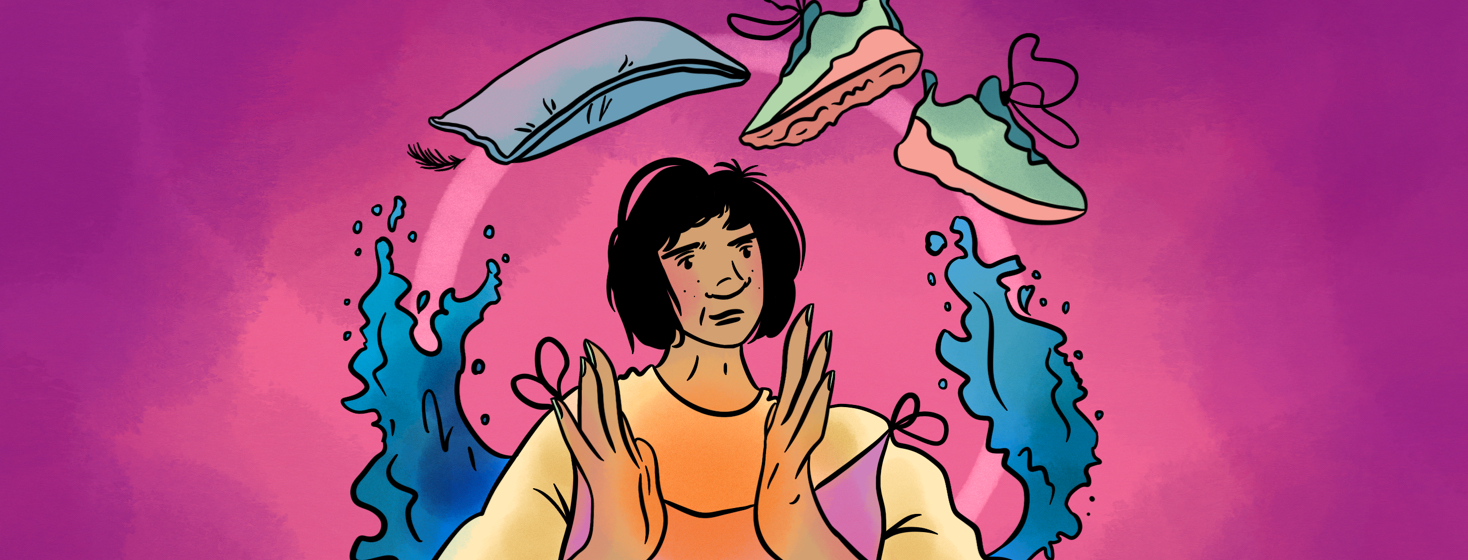Tips on Avoiding Headaches
Headaches may be a common side effect of sleep apnea. Before I started using a continuous positive airway pressure (CPAP) machine, I would get the occasional headache. Luckily it was nothing too severe but it was definitely an issue from time to time. I have noticed over the years that when I am using my CPAP regularly I don’t get headaches. I want to share some of my experiences and tips on avoiding headaches. Hopefully, they can help you if you are suffering from headaches.
Tips on avoiding headaches
Wear your CPAP for fewer apneas
Obviously, if you have been reading any of my articles, wearing your CPAP is probably 1 of the best ways to treat your sleep apnea. Remember, CPAP provides you with the proper air pressure to help reduce your apneas. The less apneas we have the better sleep we will get. Sleep is the best way to help our body function properly.
Sleep position
Sleep position can also play a role in sleep apnea. For most of us, when we sleep on our back it can worsen symptoms and increase the likelihood of headaches. I have found that sleeping on my side works best for me.
Sleeping on my side was an adjustment because I used to sleep on my stomach. I trained myself to sleep on my side after starting CPAP. Pillows can help with changing sleep positions. Try laying in between them, this will help prevent you from rolling over.
Consistent sleep schedule
Establishing a consistent sleep schedule is important. Our bodies need between 7 to 9 hours of uninterrupted sleep per night.
Avoid stimulating activity at bedtime
I have found that it’s good to avoid stimulating activities about an hour before I want to go to sleep. I avoid using my phone and other electronic devices before bed. Keeping my bedroom dark and quiet helps me fall asleep faster and stay asleep during the night.
Healthy lifestyle choices
Making healthy lifestyle choices is key to better sleep and avoiding headaches. For me, these choices include avoiding alcohol, caffeine, and heavy meals within a few hours of bedtime. All of these things can negatively impact our sleep.
Meditation apps and videos
On the positive side, these are some habits that can help you get more rest. I have been doing my own form of meditation for a number of years now. There are some really good apps and YouTube videos that can guide you. This has helped me relax my body and mind for a more restful sleep. Truthfully I don’t use this every night but it does help when I am finding myself in stressful times.
Exercise and hydration
I would encourage others to use 2 more healthy habits: regular exercise and staying hydrated. These 2 habits have also served me well over the years. Besides sleep apnea, I also have spinal muscular atrophy (MSA). My level of exercise is very moderate. Aqua therapy has been my main source of exercise. So don’t think you need to be going to the gym in order to get exercise. Find something that works for you and your health.
Obviously staying hydrated should be a no-brainer. Unfortunately, we get caught up in our daily life and sometimes forget to drink enough water. Over the years I have kept myself to a drinking schedule. This has ensured that I don’t get dehydrated. Staying properly hydrated will help you sleep better and will also help with starving off headaches.
These are a few of the techniques that I have incorporated over the years to help me sleep better which has reduced my headaches. Remember if all else fails seek advice from a doctor.
Do you experience headaches with sleep apnea? Please share your experience.

Join the conversation